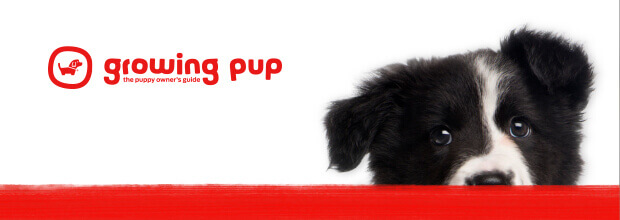- Dog suitable for non-experienced owners
- Basic training required
- Enjoys vigorous walks
- Enjoys walking more than two hours a day
- Large dog
- Some drool
- Requires grooming every other day
- Non hypoallergenic breed
- Quiet dog
- Not a guard dog
- Great with other pets
- Great family dog














